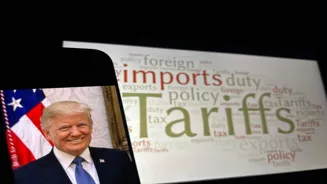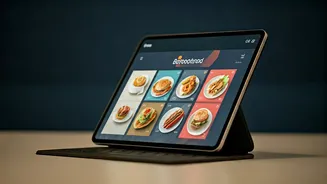The federal finance ministry has proposed to provide 10%-15% credit guarantees to banks for advancing loans to stressed small businesses, with turnover up to 5 billion rupees, that fall under the Reserve Bank of India’s (RBI) so-called special mention accounts (SMA), the sources said.
Loans that have not been repaid for 0-90 days fall under RBI’s SMA 0-2 category, but are not classified as non-performing assets.
India’s small businesses still struggle with limited access to timely and adequate formal credit.
The government will allocate about 40 billion rupees for providing guarantees to banks, both sources said.
The scheme is designed for firms that are stressed due to external factors "beyond their control”, and the eligibility criteria are being firmed up, according to the sources.
The criteria will cover small exporters who are currently facing uncertainties due to higher tariffs imposed by the US, a key market for Indian exports, the second source said.
The government estimates that about 55% of its merchandise exports to the United States will be subject to the tariff imposed by President Donald Trump’s administration.
The finance ministry did not immediately respond to an email seeking comment.
Separately, the Indian government is preparing a scheme to provide term loans for small exporters that would be backed by a government guarantee of a maximum 70%-75%, the second source said. The scheme was announced by India’s finance minister in the budget for fiscal 2026.
BANKS GAUGE RISK
Indian banks have begun assessing their portfolios to gauge risks in sectors based on their exposure to the US market, three bankers aware of the matter said.
The assessments are internal and are not done on the directives of the RBI, they added. All three sources requested anonymity as they are not authorised to speak with the media.
Small and medium-sized enterprises in the textile and jewellery sectors are expected to face the most impact, a banker said.
While the pharmaceutical segment is currently exempt from tariffs, lenders are exercising caution given that sectors with large exposure to the US market are expected to face the maximum brunt, they added.
Banks are also expecting disruptions to supply chains linked to US trade, which may hamper some of the smaller businesses’ ability to repay loans on time in the short run, a second banker cited above said.
The direct impact of tariffs on India’s banking sector is expected to be limited, but the delay in spending stemming from the uncertainty of how and when these levies will be imposed can be damaging, CS Setty, chairman of India’s largest lender State Bank of India , said on Friday in its post-earnings press conference.
"There are only five-six sectors that may be directly impacted, and their exposure (to the Indian banking system) is limited, but the sooner the issue gets resolved, the better.”













